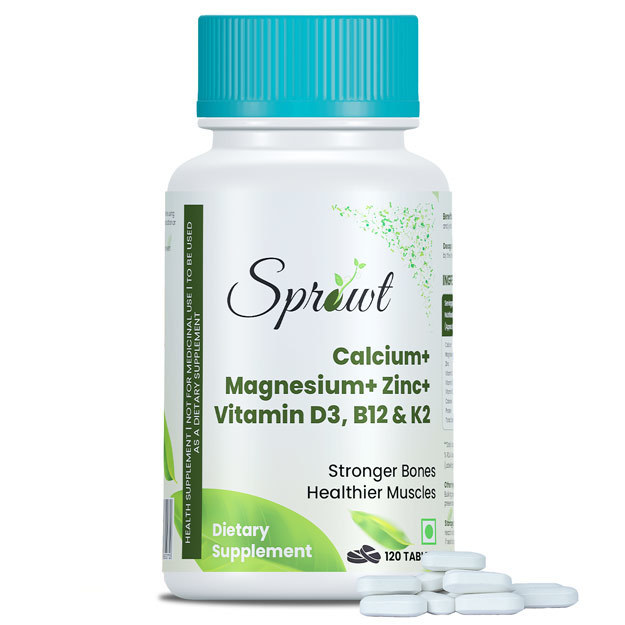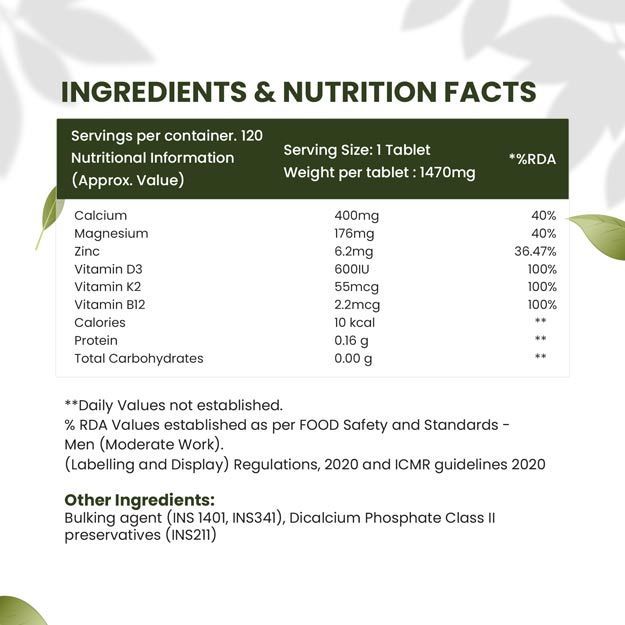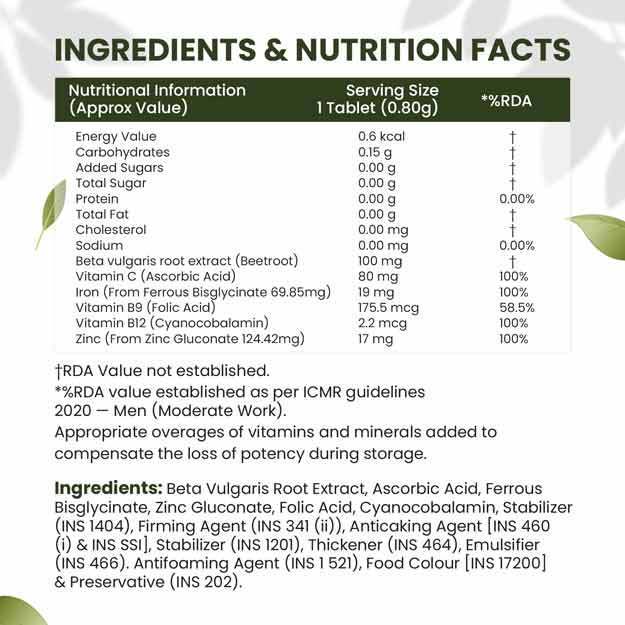The causes of low antibodies vary depending on its type. Which are as follows:
IgG deficiency:
The causes of IgG deficiency are divided into two parts, such as primary and other causes. Researchers have not been able to find out the primary causes of IgG, but genetics is considered important in it. Age, nutritional deficiency, medicines such as chemotherapy and HIV infection are considered to be other reasons for low IgG. In this, the person shows symptoms of ear infection, pneumonia, bronchitis, sinus and other respiratory tract infections.
IgM deficiency:
The causes of IgM deficiency have not yet been known. Many factors are responsible for its deficiency. Cases of such problems have been seen in some families, but there is no information about which specific type of genes cause this problem. This condition is seen in people who have abnormalities in their chromosomes.
IgA deficiency:
IgA deficiency is the most common type of immunodeficiency syndrome. Most people appear healthy when they have IgA deficiency. But due to IgA deficiency, there is a high possibility of infection, allergy, diarrhea and autoimmune diseases. The cause of its deficiency is not known. In this condition, there is a complete lack of IgA in the person's body. IgA plays an important role in the respiratory system, gastrointestinal tract, mucosal immunity and protection from infection.
IgE deficiency:
IgE deficiency is mainly considered to be associated with certain types of syndromes such as excess of IgM and others. Apart from this, this condition also arises due to some microorganisms.
IgD deficiency:
The causes of IgD deficiency are not known. Many types of genetic reasons are found to be related to it.
(Read more - Microfilaria Antigen Test)






























